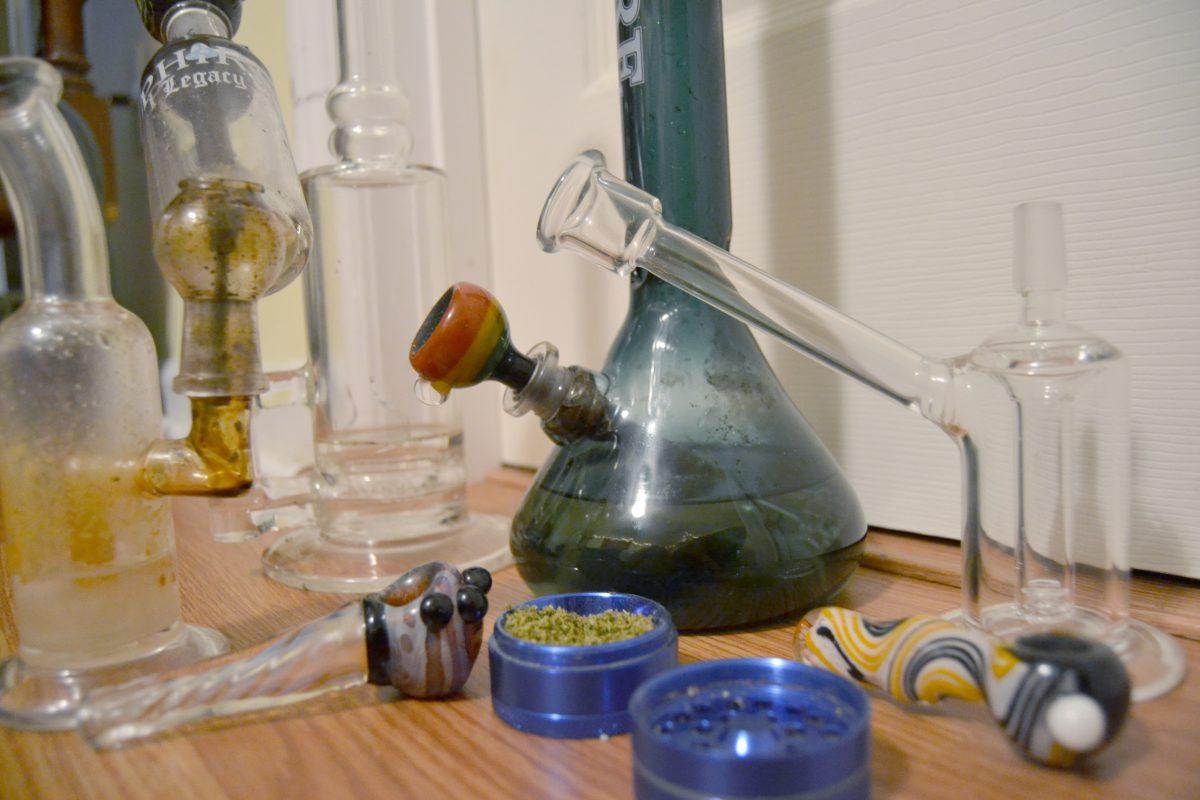Gov. Pat McCrory is working with various state departments to enforce drug laws, provide counseling and treatment, and increase education and awareness about drug addiction. This comes after a few months ago, when McCrory challenged UNC-System leaders to do something about the substance abuse on their campuses.
Paul Cousins, director of student conduct, said that drug abuse is a significant concern for any university, and N.C. State is no different.
“The health and safety of students are top priorities,” Cousins said. “Only then can students really reach their academic and personal potential.”
According to Cousins, drugs rarely affect just the user. They can also impact roommates, partners, classmates and families. Drugs bring a dangerous element to campus, and therefore put everyone at risk by creating situations that are not safe.
Police Maj. David Kelly, the support services commander for Campus Police, said that the most common illegal drug on campus is marijuana. Criminal reports related to drug violations show that in the past two years there were a total of 75 referrals and criminal charges for possession of marijuana.
According to Kelly, education is key to stopping drug use on campus and should be an ongoing process.
“We start educating at new student and parent orientations,” Kelly said. “We educate our housing staff to recognize and report drug use and we continue with our safety programs throughout the year.”
Cousins also said that the prevention of drug abuse on campus starts with education.
“There appears to be a significant amount of misinformation out there,” Cousins said. “We saw that when Spice or K2 first surfaced. Everyone said it wouldn’t hurt you and it was just like smoking weed, but it wasn’t illegal yet.”
Cousins said that within the first month of these previously legal drugs appearing on campus, there were two separate cases of men having full psychotic episodes as a result of using the synthetic drugs.
However, now another type of drug is becoming common on campus.
“Lately we’ve seen some cases of the use of LSD, and we hear that there may be more of this than we first thought,” Cousins said. “This too can have dangerous results.”
Kelly said that all drug violations encountered by Campus Police are enforced with either a Student Conduct Referral or an arrest.
According to Cousins, when a student is reported for drug use, Student Conduct sets up a meeting with the student to get a better understanding of his or her behavior in that incident and understand the student’s history with drugs.
“A broad range of sanctions might be imposed for drug violations, including things like suspension and expulsion,” Cousins said. “But there are educational and supportive elements to every sanction in a drug case.”
One of these elements may include an evaluation by a licensed clinician to diagnose any current risks or problems and to chart a strategy to move forward.
Thomas Podbesek, a senior in material science and engineering, said the drug-use on campus is sad but common.
“I don’t think drug use on campus can be stopped, that’s how prevalent it is,” Podbesek said. “The college environment fosters and caters drug use. Drug dealers are more likely to sell to college students, they’re the prime market.”
Kelly said that comparatively speaking, N.C. State has a far lower rate of drug use and abuse compared to Raleigh as a whole.
Kelly said that any person with knowledge of drug use, possession or sales should notify someone of higher authority. The campus police department has an anonymous reporting system for students to report any violations. Campus Police can be reached at (919)515-3000.








